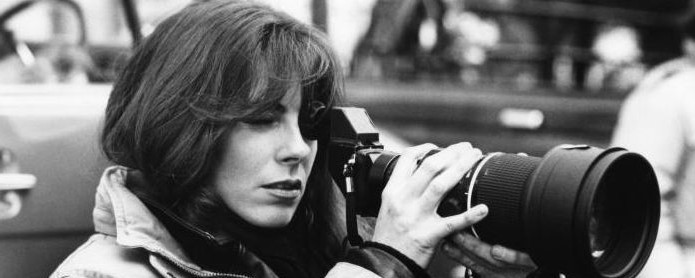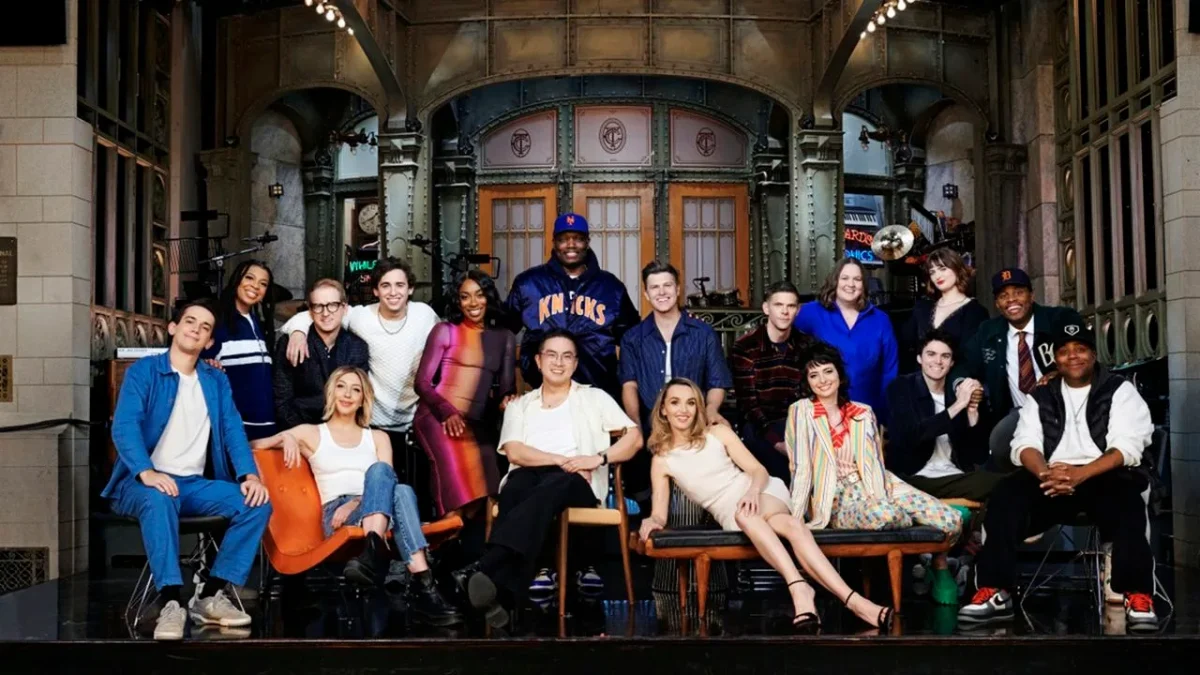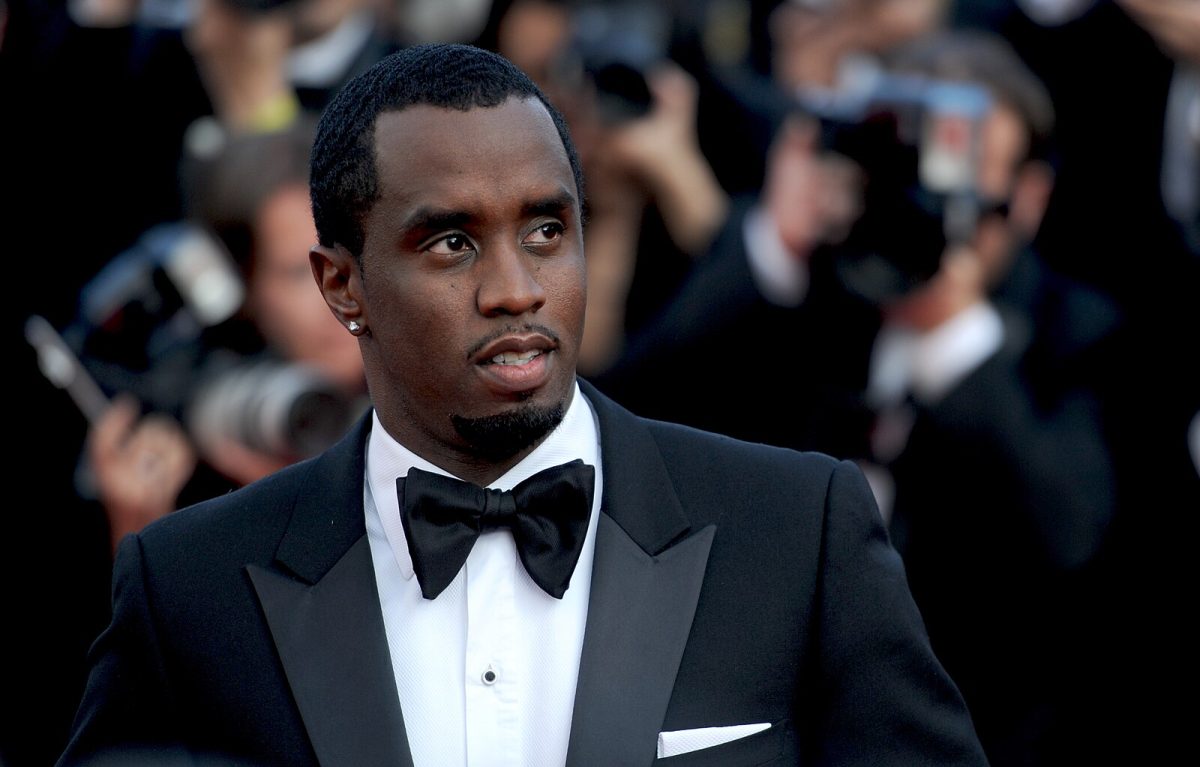The American Civil Liberties Union has called on state and federal governments to open an investigation into hiring practices in Hollywood, where the employment of women and minorities is abysmally low. The organization attests that the predominance of white men, specifically as directors, is discrimination and should be treated as a civil rights issue. As of June 15, more than 1700 industry professionals had signed the ACLU’s petition to have an investigation opened.
This is not the first time the ACLU has fought this fight: in the 1960s, a similar complaint was filed with the Justice Department and, when discrimination was found to be prevalent, a settlement was reached between the Association of Motion Picture and Television Producers and several unions. However, in the decades since then, little progress has been made and in fact may even be reversing. Despite making up half of all students in film schools, women directed only seven percent of the top 250 grossing movies in 2014, down two percent from 1998. Last year, nearly a third of network television shows did not hire a single female director.
The disparities between men and women extend beyond just the number of directors, as well. Women have typically been more successful in the indie and festival circuits—roughly a quarter of films at the Sundance Film Festival in recent years have been directed by women— but studies have shown that they regularly get smaller distribution deals than their male counterparts. Even the most successful of female indie directors are rarely brought on to big-budget studio pictures, a common practice for male directors like Gareth Edwards, who gained recognition for his first feature film Monsters and was subsequently hired to direct Godzilla and Star Wars: Rogue One.
Female television directors are also less likely to successfully make the jump to the big screen. “Game of Thrones” and “Breaking Bad” director Michelle MacLaren recently left the upcoming Wonder Woman movie, reportedly due to executives not trusting her to carry out a large-scale action movie, despite her work on some of the largest and most action-heavy television shows in recent memory. However, movies of the same magnitude were readily helmed by men who got their start in television: fellow “Game of Thrones” director Alan Taylor was brought on to Thor: The Dark World and the Russo Brothers of “Community” fame are currently filming their second Captain America movie and have been hired to replace Joss Whedon in The Avengers franchise.
The ACLU’s complaint came at the same time that two box office hits made waves for women in film. Mad Max: Fury Road is a big-budget action movie from a well-known franchise that has a nearly all-female cast of protagonists and revolves around a plot to take down a man who is patriarchy personified. Pitch Perfect 2 has a similarly female ensemble and is also directed by a woman— Elizabeth Banks, in her first project behind the camera.
Banks has used her successful debut to speak about the hard time women have in the industry. “Once you get offered a studio job, as a woman, it’s really hard to say no because they don’t let women do this very often,” she said in an interview with Allure. “So I knew I needed to embrace it and I couldn’t mess it up. Because if you mess it up, they don’t let you do it again, and you become representative of female directors as a whole. Like, ‘See, girls can’t do it.'”
Since the ACLU filed its complaint on May 12, a number of Hollywood stars have spoken out in support of an investigation and the ACLU says it has anecdotes from fifty female directors that support its case. Actress Rose Byrne (Bridesmaids, Spy) spoke to Pride Source in support of the investigation: “The statistics are still so dreadful for women in film… They’re starting to realize it’s actually discrimination— it’s not just good ol’ fashioned misogyny that everyone’s quietly tolerated for years… All that stuff that was leaked through the Internet when Sony was hacked— it all speaks for itself. So, it is beyond just misogyny. It’s legitimate discrimination based on gender, which is illegal.”
Kathryn Bigelow, one of only four women to be nominated for the Best Director Oscar and the only winner, told Time, “I have always firmly believed that every director should be judged solely by their work, and not by their work based on their gender… Hollywood is supposedly a community of forward thinking and progressive people, yet this horrific situation for women directors persists. Gender discrimination stigmatizes our entire industry. Change is essential. Gender-neutral hiring is essential.”
One director spoke to The New York Times anonymously about her experiences in Hollywood. “Sometimes showrunners will say, ‘This isn’t a good show for a woman director, or our actors are hard on women,’” she said. “Or they’re approaching it as if, ‘We’re protecting you by not giving you this job.’ That way they turn it on its side, to make everything OK.” The director chose not to publish her identity for fear of repercussions in her career.
Hollywood has been criticized for its entrenched sexism for decades, but the ACLU’s demand of an investigation might be the first to actually produce results. If an official investigation is opened and studios are found to be in violation of civil rights laws, they will have to comply with such laws by the agency that makes the ruling— complaints have been filed with the Equal Employment Opportunity Commision, the federal Labor Department, and the California Department of Fair Employment and Housing— or face penalties, such as a federal lawsuit. Nearly half a century after the battle began, the ACLU might finally have the chance to win after all.










